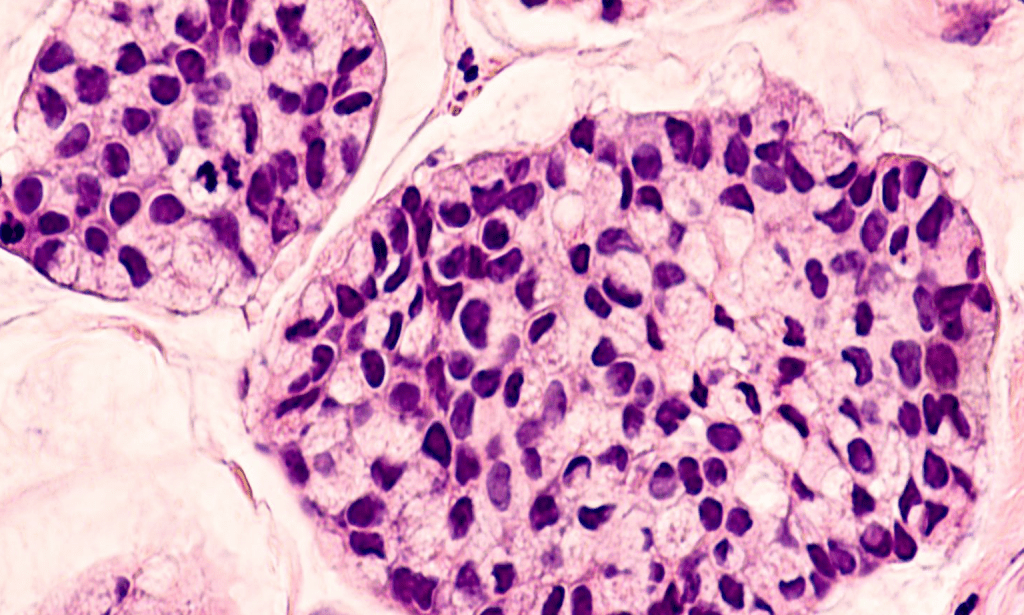Triple-negative breast cancer has been viewed as the subtype with the least favorable outcomes for its heterogeneity and a long-standing paucity of effective therapies. Today, treatment landscape is changing thanks to advances in research: new therapeutic options and improved opportunities for a tailored treatment have been discussed on Nature Reviews – Clinical Oncology in a paper written by Giampaolo Bianchini and Luca Licata (IRCCS San Raffaele Hospital), Carmine De Angelis (University Federico II – Naples) and Luca Gianni (President Fondazione Gianni Bonadonna). Giampaolo Bianchini is also the head of translational research at Fondazione Michelangelo.
«Triple-negative breast cancer is the more aggressive subtype of breast cancer. For years, we had no effective therapies to apply other than chemotherapy», Giampaolo Bianchini head of the breast cancer group of the Department of Medical Oncology – San Raffaele Hospital in Milan says. «In this paper we have described how years of research have shed light on triple-negative breast cancer heterogeneity, leading to development of novel targeted agents, including PARP inhibitors and antibody–drug conjugates. Moreover, we have described the new therapeutic strategies on the horizon». In this detailed work, Bianchini and colleagues underline how improved understanding of the interplay between triple-negative breast cancer tumor cells and their microenvironment supports the adoption of a new comprehensive view of this cancer type as an ecosystem where there is a co-evolution from early-stage disease all the way through to the metastatic process. This process, for example, is accompanied by profound changes in immune cell dynamics that explain variations in the activity of immune-checkpoint inhibitors in different disease settings: a lot of ongoing trials testing different combination approaches will thus provide additional insights to improve the efficacy of immunotherapy in triple-negative breast cancer.
Chemotherapy remains the reference treatment of triple-negative breast cancer, although the optimal use of platinum-based agents or post-neoadjuvant capecitabine remains to be clarified; however, the review points out that targeted agents, such as PARP inhibitors and antibody–drug conjugates, are established additions in the therapeutic landscape of triple-negative breast cancer, and a comprehensive evaluation describing the tumor ecosystem will help to successfully implement precision immunology and fulfill the promise of immunotherapy in triple-negative breast cancer. «The current therapeutic scenario is only the tip of the iceberg, as hundreds of new compounds and combinations are in development. The translation of these experimental therapies into clinical benefit is a welcome and ongoing challenge», authors conclude.
